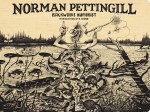
Edited by Gary Groth, with an introduction by Robert Crumb (Fantagraphics Books)
ISBN: 978-1-60699-319-4
It’s a big planet and there are many places to hide an artistic prodigy. That’s never been more capably proved than in the case of Norman Pettingill, a lost hero of the workaday craft aesthetic who lived and died in Wisconsin, revelling in a backwoods life living off the land and supporting his family with personalised cartoons, jobbing art such as postcards and commercial signage, commissioned illustrations and simply stunning personal works: mostly natural scenes and reportage of the hunting and fishing community he lived in.
He worked in seclusion until his incredibly intense, ribald and frenetic postcard art was discovered by Robert Crumb who immediately reprinted them in his Underground Commix magazine Weirdo. These over-sized scenes were multi-layered, packed with hundreds of characters acting in micro-scenes and grotesquely raw and vulgar: like Hieronymus Bosch, Basil Wolverton and Leo Baxendale working all on the same page.
This superb book, rough and rustic with a wooden front cover, tells the life-story of this truly driven artist – who could no more stop drawing than breathe underwater. Self-taught and clearly besotted with the creative process, Pettingill was clearly not a man afraid to fill a page with extras, and the work gathered here, collected by the John Michael Kohler Arts Center (a major conserver of folk art of the American mid-west) shows a true original equally at home drawing pictures to pay bills and making masterpieces because he couldn’t stop himself.
Gathered here are many of his astoundingly frantic, charmingly gruesome postcard tableaux, featuring hunters, boozers and what we’d call hillbillies but what Pettingill probably called the neighbours, as well as more intimate personal creations; family collages, gloriously entrancing pen and ink studies of the beasts and birds he lived amongst – and hunted – and even the doodles he adorned the envelopes of letters with.
His surreal, bawdy, raw concoctions mirrored and presaged the graphic license and social freedoms of the 1960s counterculture (although he really started his artistic journey twenty years earlier) but even though his fans today include such iconoclastic cartoonists as Crumb and Johnny Ryan, Pettingill’s appeal is far wider than just grist for us pen-and-ink pushers.
With his fondly cynical, wry observation and piercingly incisive eye Norman Pettingill became a societal camera onto a time and place in rural and even wild America that we seldom see nowadays: a warmly honest raconteur, part of a tradition that includes and spans the fierce and gentle ranges from Garrison Keillor’s elegiac (and positively local) Lake Wobegon tales to the razor-edged self-examination of the Southern kinfolk typified by the gagsters of the Blue Collar Comedy Tour: a purely American humour by and for the ordinary guy.
This first retrospective of Pettingill’s art is stuffed with more than a hundred of his most telling monochrome pieces and will appeal to cartoon-lovers and people watchers equally.
© 2010 Fantagraphics Books. Individual contributions © 2010 their authors. Unless otherwise noted all photography and art © 2010 John Michael Kohler Arts Center. Art from the collections of Glenn Bray, R. Crumb and Jim Pink © 2010 the estate of Norman Pettingill.


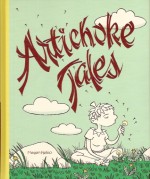
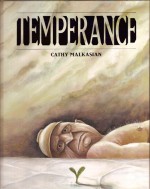
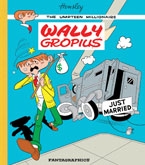
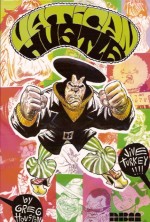

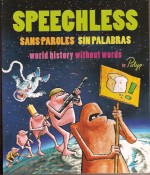
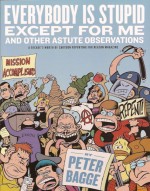
 Â
Â